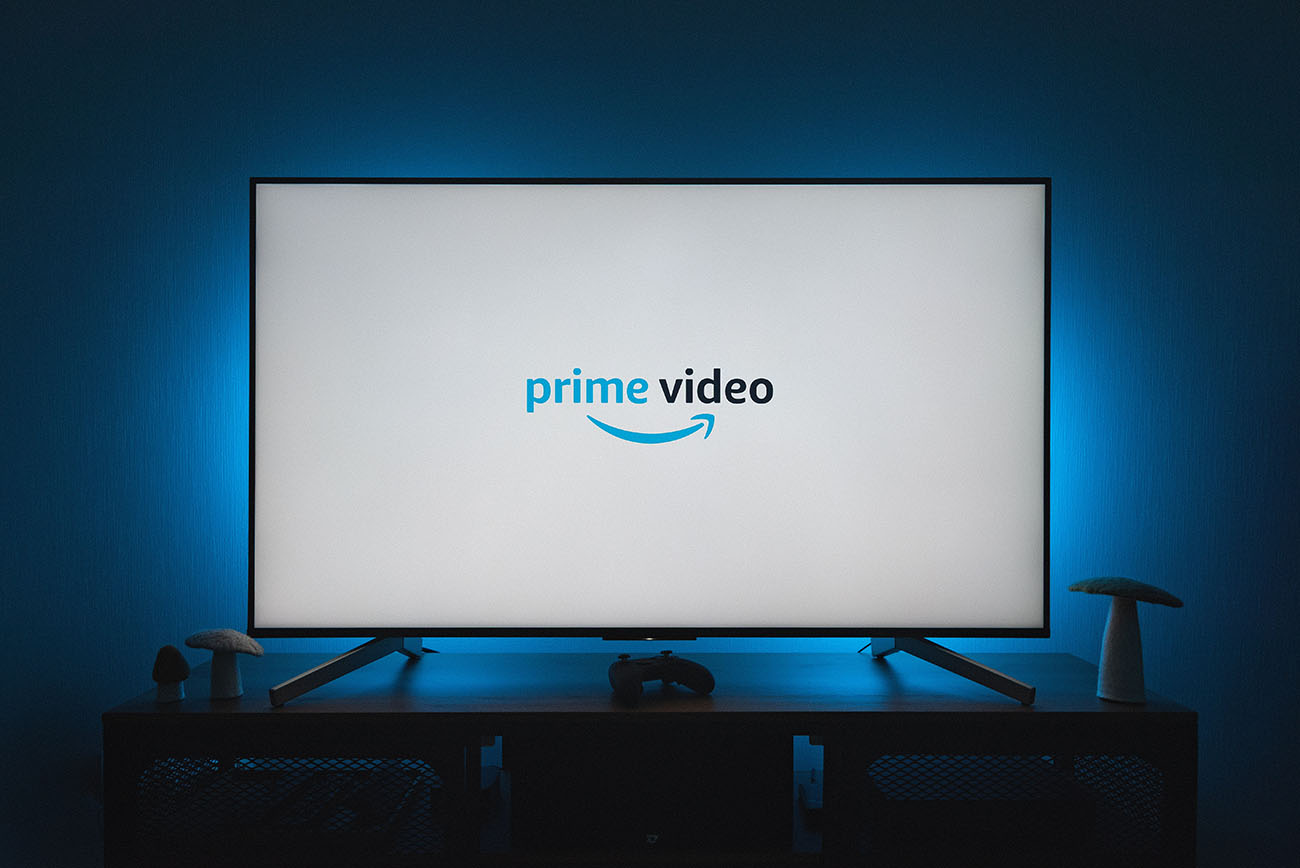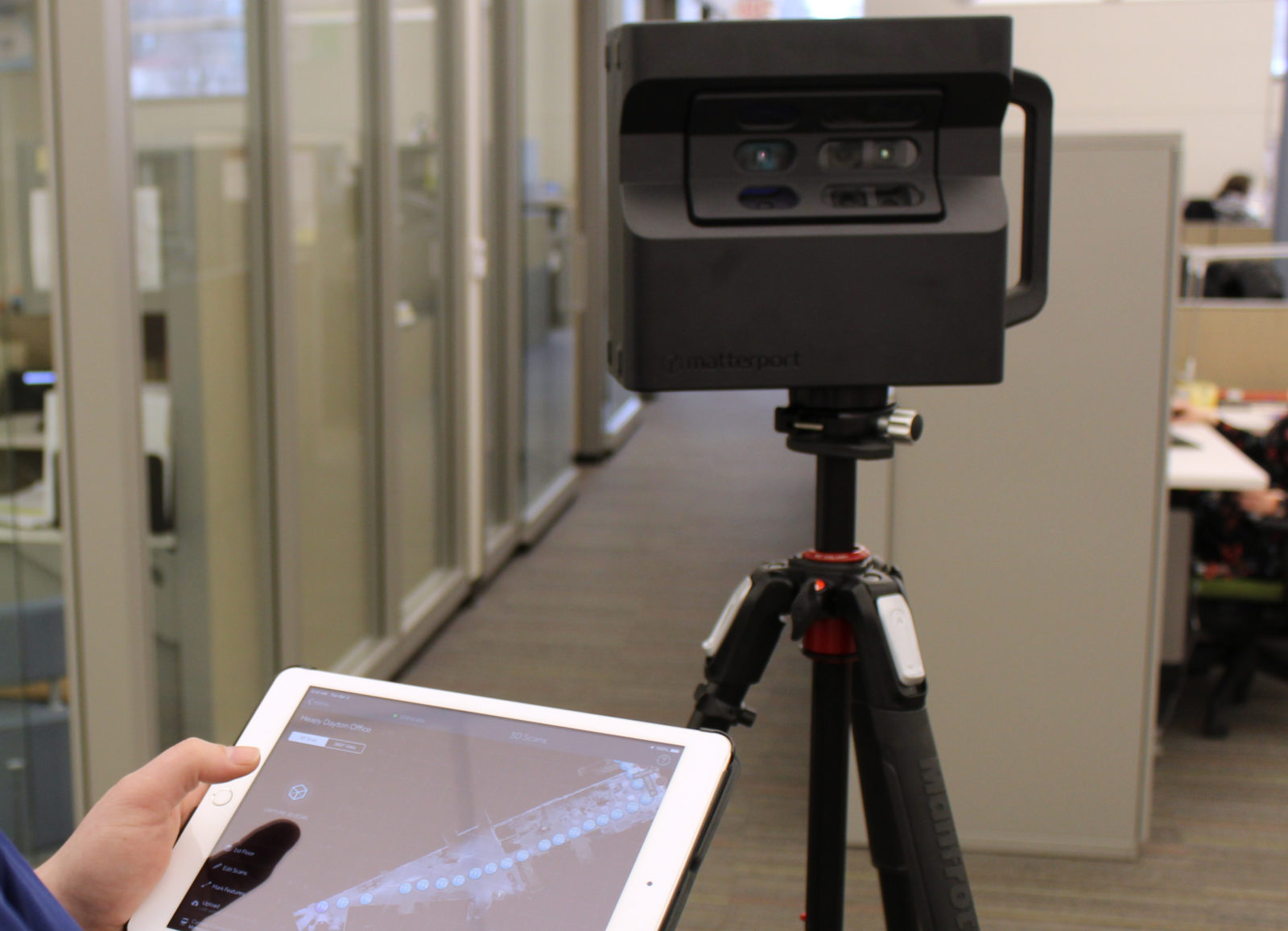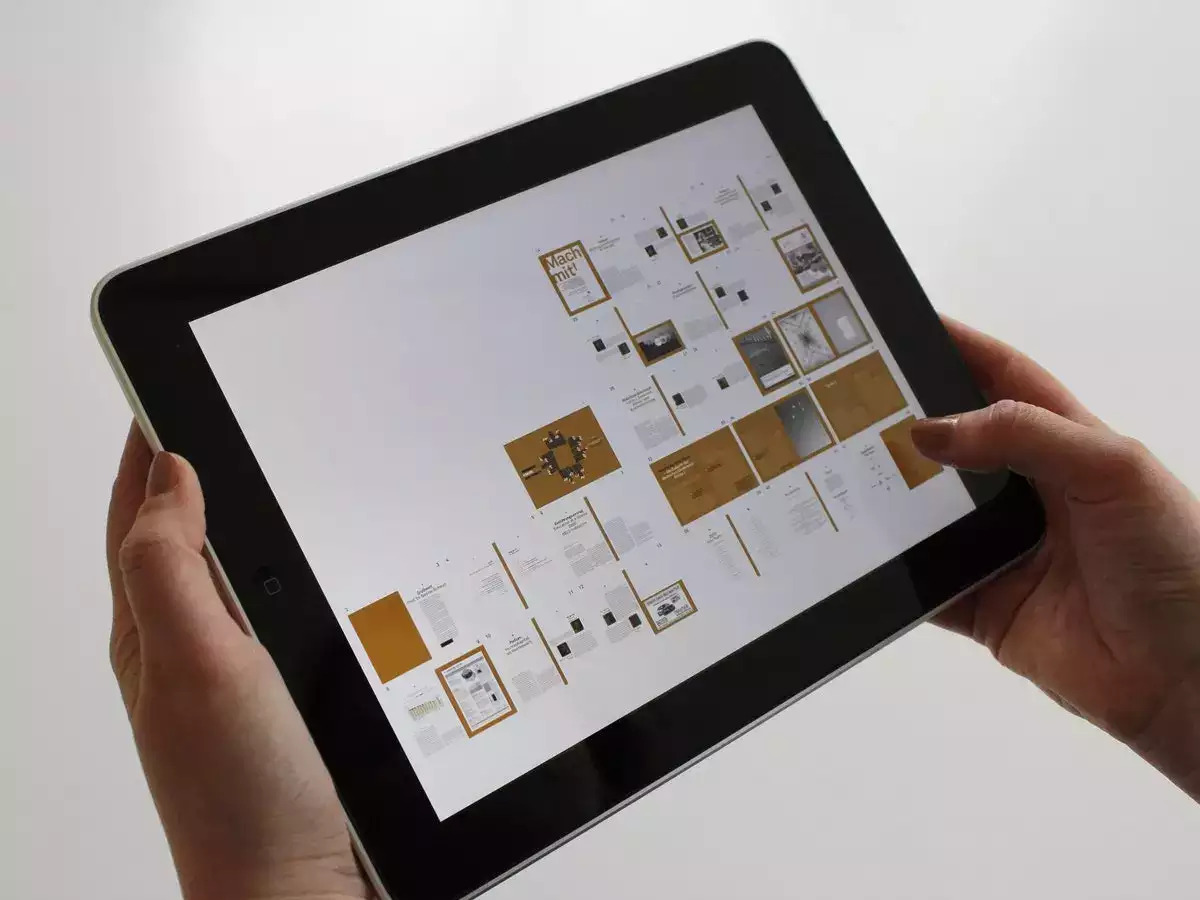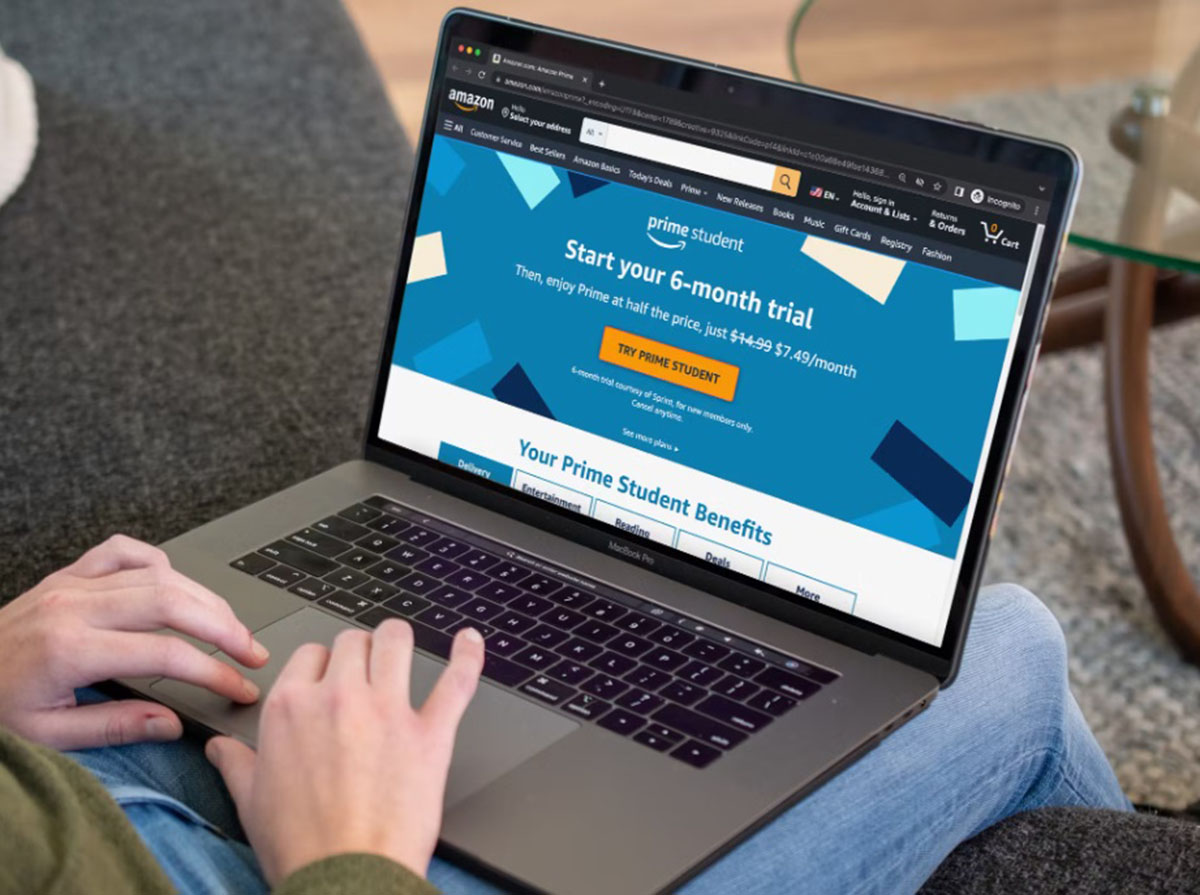Processor
When it comes to a convertible laptop, choosing the right processor is crucial as it directly impacts the performance and speed of your device. The processor serves as the brain of your laptop, handling all the computational tasks and ensuring smooth multitasking.
As a college student, you need a processor that can handle your everyday tasks like web browsing, word processing, and multimedia consumption. Look for a laptop with at least an Intel Core i5 or AMD Ryzen 5 processor. These processors offer a good balance between performance and power efficiency, making them suitable for most college-related tasks.
If you’re pursuing graphic-intensive courses or plan to do video editing or gaming, you might want to consider a laptop with a more powerful processor such as an Intel Core i7 or AMD Ryzen 7. These processors provide better performance and can handle demanding tasks effortlessly.
Additionally, it’s worth mentioning that the processor’s generation also plays a role in overall performance. The latest generation processors, like the Intel 11th or AMD Ryzen 5000 series, offer improved power efficiency and better performance compared to their predecessors.
Lastly, keep an eye on the processor’s base clock speed and turbo boost frequency. A higher base clock speed ensures smoother everyday performance, while a higher turbo boost frequency provides extra power for demanding tasks when needed.
In summary, when searching for a convertible laptop, prioritize a laptop with at least an Intel Core i5 or AMD Ryzen 5 processor for adequate performance. Consider upgrading to a more powerful processor if you require heavy multitasking or graphics-intensive tasks. Keep an eye on the processor’s generation, base clock speed, and turbo boost frequency to ensure a well-rounded performance for your college needs.
Storage
Storage is an essential aspect to consider when choosing a convertible laptop as it determines how much data you can store and access on your device. As a college student, you’ll likely have a variety of files, documents, and media that need to be stored and organized effectively.
There are two main types of storage options available for laptops: traditional hard disk drives (HDD) and solid-state drives (SSD). HDDs offer larger storage capacities at a more affordable price but tend to be slower in terms of read and write speeds. On the other hand, SSDs are faster, more durable, and energy-efficient, but typically come with smaller storage capacities and higher price tags.
When it comes to storage capacity, it’s important to strike a balance between your needs and budget. For most college students, a laptop with 256GB to 512GB of SSD storage should be sufficient. This allows you to store your OS, software applications, and a considerable amount of files without worry. If you work extensively with large multimedia files or have a vast collection of documents, you might want to invest in a laptop with 1TB or more of storage capacity.
Furthermore, consider opting for a laptop that offers expandable storage options like a microSD card slot or additional M.2 SSD slots. This can provide flexibility in upgrading your storage space in the future as your needs evolve.
Remember to prioritize SSDs over HDDs whenever possible, as the faster read and write speeds significantly improve the overall performance and responsiveness of your laptop. If you find a laptop that meets your requirements but only offers HDD storage, consider whether it’s possible to upgrade the storage to an SSD.
In summary, for college students, it’s recommended to choose a convertible laptop with SSD storage of at least 256GB to 512GB. This ensures fast and efficient access to your files and software. Consider expandable storage options for future flexibility, and prioritize SSDs over HDDs for improved performance.
RAM
The amount of RAM (Random Access Memory) is an important factor to consider when choosing a convertible laptop. RAM directly affects the multitasking capability and overall performance of your device.
As a college student, you’ll likely have multiple applications running simultaneously, such as word processing software, web browsers, and communication tools. To ensure smooth and efficient multitasking, go for a laptop with at least 8GB of RAM. This will enable you to switch between applications seamlessly without experiencing lag or slowdowns.
If you’re pursuing a field that involves heavy multitasking, like graphic design or programming, consider opting for a laptop with 16GB or even 32GB of RAM. These higher RAM capacities can handle more demanding tasks and allow for better performance and faster response times.
It’s worth noting that the type of RAM also impacts performance. DDR4 RAM is the latest standard and offers better speed and power efficiency compared to its predecessor, DDR3. When browsing for laptops, prioritize models that come with DDR4 RAM to ensure optimal performance.
Additionally, keep an eye on the clock speed of the RAM modules. Higher clock speeds indicate faster data transfer rates, resulting in improved overall performance. Look for laptops with RAM clock speeds of at least 2400MHz or higher.
While more RAM is generally beneficial, it’s essential to consider your specific needs and budget. For most college students, 8GB of RAM should be sufficient to handle day-to-day tasks effectively. However, if you anticipate using resource-intensive software or running virtual machines, it may be worth investing in a laptop with 16GB or more.
In summary, as a college student, aim for a convertible laptop with at least 8GB of DDR4 RAM for efficient multitasking. Consider higher RAM capacities if you require resource-intensive tasks. Look for laptops with higher RAM clock speeds for better overall performance.
Display
The display of a convertible laptop is an important consideration as it directly impacts your visual experience while using the device. As a college student, you’ll likely spend hours reading, studying, and watching multimedia content, so it’s crucial to choose a display that meets your needs.
First and foremost, consider the size of the display. Convertible laptops typically range from 11 to 15 inches. A smaller display, such as 11 or 13 inches, offers better portability and is suitable if you frequently carry your laptop around campus. On the other hand, a larger display, like 15 inches, provides a more immersive viewing experience, making it ideal for tasks that require attention to detail, such as graphic design or video editing.
Next, pay attention to the resolution of the display. Higher resolutions, such as Full HD (1920×1080) or Quad HD (2560×1440), offer sharper and more detailed visuals, making them ideal for multimedia consumption and content creation. However, keep in mind that higher-resolution displays can impact battery life, so consider your priorities when making a choice.
Another important aspect is color accuracy. If your studies involve tasks like graphics design, photography, or video editing, it’s crucial to choose a laptop with a display that offers good color reproduction. Look for laptops that mention color gamut coverage, with 100% sRGB coverage being ideal for accurate color representation.
Additionally, consider whether the laptop offers touch functionality. Convertible laptops are designed to be used as both laptops and tablets, so having a touchscreen display can significantly enhance your productivity. It allows you to interact with the content directly, making tasks like note-taking or drawing more intuitive.
Lastly, keep in mind the display’s brightness and viewing angles. A brighter display is essential for comfortable use in various lighting conditions, while wide viewing angles ensure that the screen remains visible even when viewed from different perspectives.
In summary, when choosing a convertible laptop, consider the display size that suits your needs and preferences. Look for higher resolutions and good color accuracy if you work with multimedia content. Touchscreen functionality can be beneficial for versatile usage. Brightness and wide viewing angles are essential for comfortable viewing experiences.
Battery Life
Battery life is a crucial factor to consider when choosing a convertible laptop, especially as a college student who may have long days on campus or need to work on the go without access to a power source.
The duration of a laptop’s battery life depends on various factors, including the laptop’s hardware components, software optimization, and your usage patterns. When researching laptops, look for the manufacturer’s claimed battery life. However, keep in mind that actual battery life may vary based on your usage.
As a college student, aim for a convertible laptop that offers a minimum of 8 hours of battery life. This should be sufficient to get you through a day of lectures, note-taking, and web browsing without needing to recharge. If you anticipate longer days or have limited access to power outlets, consider laptops with extended battery life, such as those claiming 10 hours or more.
Remember that battery life may also depend on the laptop’s display brightness, the number of applications running in the background, and your usage of power-hungry applications or peripherals. Adjusting the screen brightness, closing unnecessary applications, and using power-saving modes can help extend the battery life.
It’s worth mentioning that laptops with SSD storage tend to have better battery efficiency compared to those with traditional hard drives. SSDs consume less power and contribute to longer-lasting battery life. Additionally, newer generations of processors often come with improved power efficiency, which can also help extend battery life.
If you often find yourself in a situation where you need to rely on your laptop for extended periods without charging, consider looking for laptops that support fast charging. This feature allows you to quickly recharge your laptop’s battery during short breaks, ensuring you have enough power to get through the day.
In summary, as a college student, look for a convertible laptop that offers a minimum of 8 hours of battery life. Consider using power-saving features and adjusting your usage habits to maximize battery efficiency. SSD storage and newer generation processors can contribute to longer-lasting battery life. Fast charging support can be beneficial for quickly recharging your laptop during breaks.
Portability
Portability is an important factor to consider when choosing a convertible laptop as a college student. You may need to carry your laptop with you throughout the day, attend classes, study in libraries or cafes, and travel between campus and home.
One aspect of portability is the weight of the laptop. A lightweight laptop is more convenient to carry in your backpack or bag, especially if you have long commutes or walk long distances on campus. Look for laptops that weigh around 2 to 4 pounds for optimal portability.
The laptop’s dimensions are also important to consider. Thin and compact laptops are easier to slip into your backpack and take up less space in your bag. However, keep in mind that a smaller size may compromise the display size or keyboard comfort, so strike a balance between portability and usability.
Another aspect to consider is the overall build quality and durability of the laptop. Opt for laptops made of sturdy materials, such as aluminum or magnesium alloy, which can withstand the bumps and jostles of daily transportation. Reinforced corners and a robust hinge system can also contribute to a more durable device.
Ergonomics is another factor to keep in mind. A convertible laptop with a comfortable keyboard and responsive trackpad can enhance your user experience, especially during long typing sessions or note-taking. Pay attention to the spacing and size of the keys, as well as the overall tactile feedback and accuracy of the trackpad.
Additionally, consider the availability of ports and connectivity options. Having a versatile range of ports, such as USB, HDMI, and SD card slots, can make it easier to connect to external devices, transfer files, and connect to projectors or external displays for presentations.
In summary, as a college student, prioritize a lightweight and compact laptop for optimal portability without compromising on usability. Opt for sturdy build materials and ensure the laptop has a comfortable keyboard and responsive trackpad. Consider the availability of ports for easy connectivity to external devices.
Touchscreen and Stylus Support
One of the key features that sets convertible laptops apart from traditional laptops is their touchscreen capability. As a college student, having a touchscreen display can significantly enhance your productivity and creativity.
A touchscreen display allows you to interact with your laptop and its applications using gestures such as tapping, swiping, and pinching. This intuitive interaction is particularly beneficial for tasks like browsing the web, reading documents, and navigating through presentations or lecture notes.
Furthermore, touchscreen displays are particularly advantageous when using the laptop in tablet mode, allowing you to effortlessly navigate through apps, annotate documents with digital ink, and draw or sketch directly on the screen.
When considering a touchscreen laptop, it’s important to also look for stylus support. Stylus support enables you to use a digital pen or stylus to write, draw, and take handwritten notes on the screen with precision and control.
If you often take handwritten notes, sketch diagrams, or annotate documents, having a stylus can make your note-taking experience more efficient and give you the feel of writing on paper. Look for laptops that come with a compatible stylus or have the option to purchase one separately.
Additionally, consider the responsiveness and accuracy of the touchscreen and stylus. Look for laptops that offer palm rejection technology to prevent accidental inputs while using the stylus and minimal latency to ensure a natural and seamless writing experience.
It’s important to note that while touchscreens and stylus support can be advantageous, they may not be essential for every college student. Consider your specific needs, preferences, and the nature of your coursework before deciding on a laptop with touchscreen and stylus capabilities.
In summary, as a college student, having a laptop with touchscreen capabilities and stylus support can greatly enhance your productivity and creativity. Touchscreens allow for intuitive interaction and usage in tablet mode, while stylus support enables precise note-taking and drawing. Consider your specific needs and preferences before deciding on a laptop with these features.
Keyboard and Trackpad
The keyboard and trackpad of a convertible laptop are vital components that directly impact your comfort and efficiency while using the device. As a college student, you’ll be spending a significant amount of time typing essays, taking notes, and working on assignments, so it’s important to choose a laptop with a high-quality keyboard and trackpad.
When it comes to the keyboard, look for a laptop that offers a comfortable typing experience. Consider the size and spacing of the keys, as well as the key travel distance. A well-spaced keyboard with responsive and tactile keys will make it easier and more enjoyable for you to type for extended periods. Backlit keyboards are also useful if you frequently work in low-light environments.
The trackpad is another crucial component to consider. A smooth and accurate trackpad allows for precise cursor control and effortless navigation. Look for laptops with large trackpads that offer multi-touch gestures, such as two-finger scrolling and pinch-to-zoom, as these features can greatly enhance your productivity and ease of use.
It’s also worth considering if the laptop’s trackpad supports Windows Precision drivers. Windows Precision trackpads provide advanced gesture controls and reliable performance, making them more responsive and accurate compared to generic trackpads.
Additionally, pay attention to palm rejection technology. Palm rejection helps prevent accidental inputs from your palm or wrist while you are typing, ensuring a more seamless and accurate experience.
In summary, as a college student, prioritize a laptop with a comfortable keyboard with well-spaced keys and ample key travel distance. Look for a trackpad that is smooth, accurate, and supports multi-touch gestures. Consider a laptop with Windows Precision trackpad drivers for enhanced performance. Palm rejection technology can also contribute to a more seamless typing experience.
Connectivity Options
Connectivity options are an important consideration when choosing a convertible laptop as a college student. You’ll need to connect to various devices, transfer files, and access the internet for research or collaboration purposes.
First and foremost, consider the availability of USB ports. USB ports are essential for connecting peripherals like external hard drives, USB flash drives, printers, and other accessories. Look for a laptop with multiple USB ports, including USB 3.0 or USB-C ports, as they offer faster data transfer speeds.
Consider the presence of an HDMI port if you frequently connect your laptop to external displays or projectors for presentations or multimedia purposes. An HDMI port allows you to easily extend or mirror your laptop’s display onto a larger screen.
An SD card slot can also be beneficial, especially if you work with digital cameras or other devices that use SD cards. Having an SD card slot makes it convenient to transfer photos or other files without the need for additional cables or card readers.
Another important connectivity option to consider is the availability of Wi-Fi and Bluetooth. Wi-Fi connectivity is crucial for accessing the internet, connecting to the campus network, and conducting online research. Bluetooth, on the other hand, allows you to connect wireless peripherals such as headphones, speakers, or a wireless mouse.
Ethernet ports are also worth considering, especially if you frequently work in areas with a wired internet connection or require faster and more stable network connectivity.
Lastly, a laptop with built-in webcam and microphone is beneficial for attending online classes, video conferences, or virtual meetings. These features eliminate the need for external webcams or microphones, making it convenient to communicate and collaborate with others.
In summary, when choosing a convertible laptop, consider the availability of USB ports, HDMI port, SD card slot, Wi-Fi, Bluetooth, Ethernet port, built-in webcam, and microphone. These connectivity options enable you to connect to various devices, transfer files effortlessly, access the internet, and engage in virtual communication and collaboration.
Operating System
The choice of operating system (OS) is an important consideration when selecting a convertible laptop as a college student. The OS determines the user interface, software compatibility, and overall user experience of your device.
The two primary operating systems to consider are Windows and macOS. Windows is known for its widespread popularity and compatibility with a wide range of software applications. It offers a familiar interface and a vast library of productivity tools, making it suitable for most college-related tasks. Additionally, Windows laptops often come with a wider variety of models and price ranges to choose from, allowing you to find a device that suits your budget.
On the other hand, macOS is the operating system designed specifically for Apple MacBooks. macOS offers a sleek and intuitive interface with seamless integration with other Apple devices and services. MacBooks are favored by those in creative fields, such as design, photography, and music production, as they often come with powerful hardware and specialized software for these tasks.
Consider the software requirements for your coursework and extracurricular activities. Some programs or applications may be more compatible with one operating system over the other. It’s essential to ensure that the software you need is readily available for your chosen OS.
Moreover, it’s important to consider your familiarity and preferred ecosystem. If you have been using either Windows or macOS for a long time, sticking with that OS can provide a more seamless and familiar user experience.
Lastly, consider the level of customization and personalization you desire. Windows offers more flexibility and customization options, allowing you to personalize your desktop and system settings to your liking. macOS, on the other hand, provides a more cohesive and streamlined experience, with a focus on simplicity and aesthetics.
In summary, when choosing a convertible laptop, consider the operating system that best aligns with your software requirements, familiarity, and preferred ecosystem. Windows offers wide compatibility and customization, while macOS provides a streamlined experience with powerful hardware. Choose the OS that best suits your needs and preferences as a college student.

























